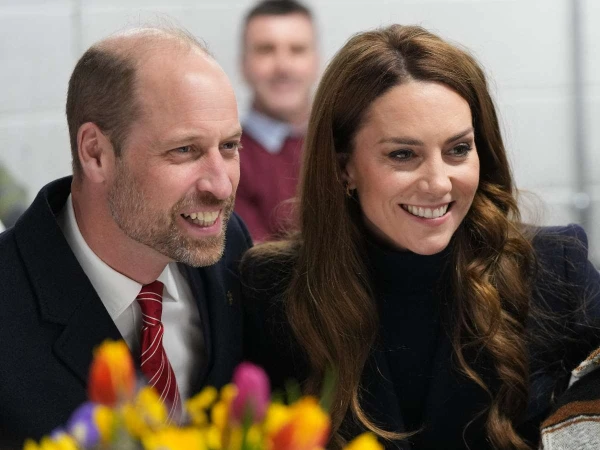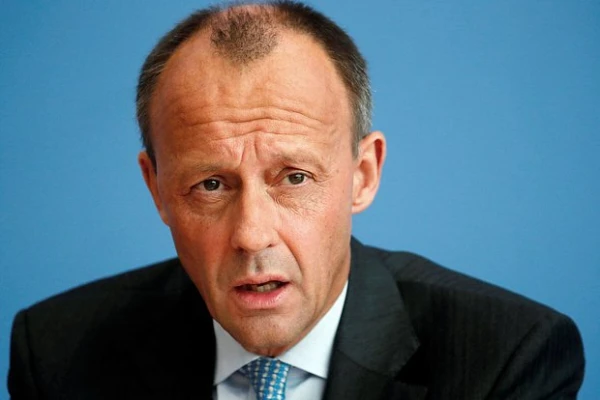
Publicist and social activist Sandris Točs sparked a lively discussion in Latvian social media by stating that the widely held belief about 'anti-Russian sentiments' among Latvians is nothing more than a myth, artificially created by politicians and the media.
In his post, Sandris Točs shared that he published a record where he confessed that he loves watching Russian series because the Russian mentality is closer to him than the "European" one. His wife warned him that this would provoke a storm of negativity, however, the reaction turned out to be contrary to expectations.
"Almost 100,000 people viewed my post — and no one marked it with a 'angry' emoji! How is that possible? We are told that it is right to be ashamed of the Russian language (and I am not ashamed)! That all Latvians rejoice when the Russian language is expelled from schools (but I do not). That Latvians cannot cope with Russia's attack on Ukraine, and therefore want to reject everything Russian (but I do not associate the war with nationality)," the publicist wrote.
According to Točs, if even after the war, propaganda, and anti-Russian rhetoric, Latvians are not outraged by the very fact of Russian culture, then the imposed antagonism in society has no real basis. "Dislike for the Russian is an artificially created feeling. Politicians and media have nurtured it for 30 years, but it is fragile. Even now, after the war, Latvians are not scared of Russian series. This is a complete failure of the ruling policy: so much effort has been spent to instill hatred for the Russian in Latvians — and in vain," he summarized.
Točs's post sparked hundreds of responses, many of which confirmed his observations. In the comments, users wrote that the antagonism between Latvians and Russians is a problem of politicians, not of society. "The truth is that ordinary people live in balance, in compromise, in cooperation. Only politicians do not know how to live like that. Shouldn't their goal be to create balance in society, rather than impose their extreme views just because they have a majority in the Saeima?" one commenter wrote.
Another noted that he has long ignored Latvian media and propaganda, preferring to maintain a personal relationship with Russian culture: "I speak and will speak Russian, read books in the original, watch movies and shows — both in Russian and in German and English. In the hospital, all patients are the same to me. And this will not change because of a bunch of fanatics trying to impose something. Even if they try — it won't work anyway."
Many users admitted that they love Russian culture and language, and that bans and stigmatization only provoke rejection. "I only watch movies in Russian — sorry, but the Latvian dubbing is terrible! The Russian language is beautiful, expressive. It's a pity that children will no longer be taught it! And what love songs the Russians have! No nation sings about feelings as passionately. I love the Russian language and will never renounce it!"
Some shared ironic observations: "My neighbor is a Latvian woman who survived repression, has hated Russians all her life, provokes, insults. But she only watches news and entertainment videos in Russian. A paradox!"
Under Sandris Točs's publication, users agreed that there is no real hostility between Latvians and Russians in society, and that conflicts are artificially maintained. "It's nice to read the comments! There is no hatred!" one participant in the discussion wrote.













